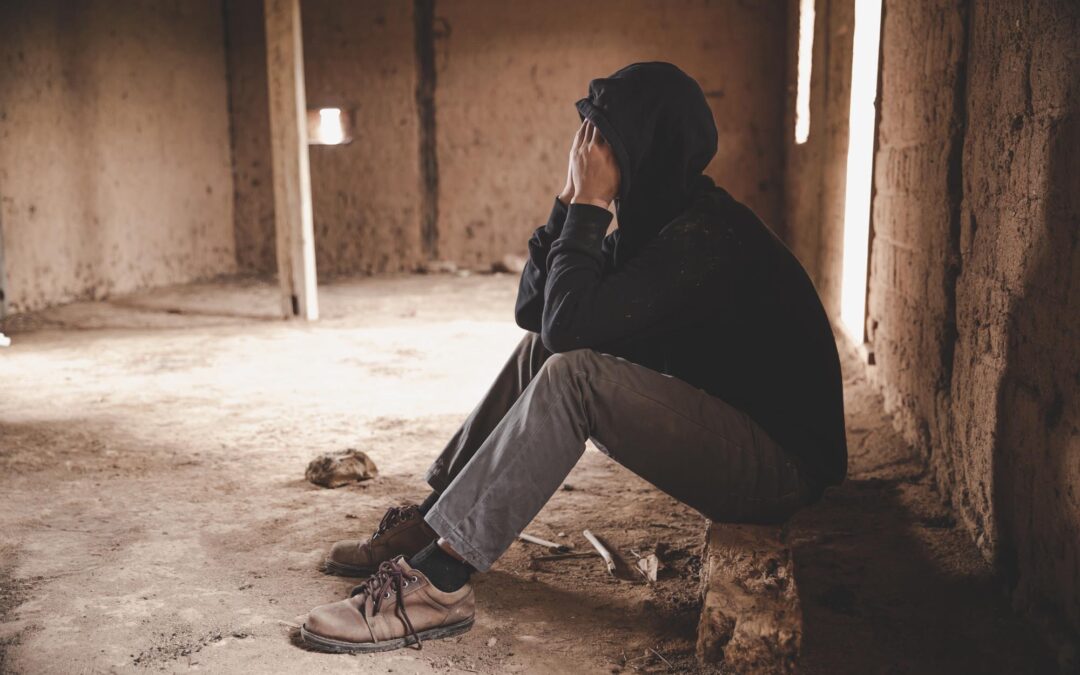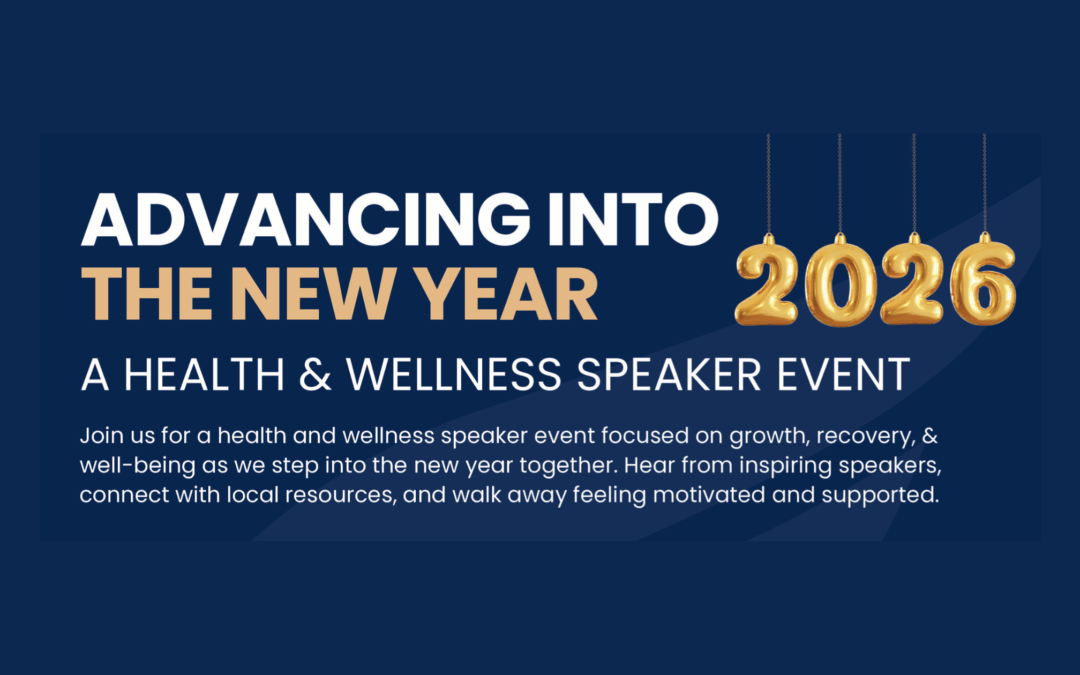What Is a Typical Day in Rehab? A Look Inside
Morning Routine and Physical Wellness
A day in rehab, such as at our Barnstable Town addiction rehab center, begins with intention and nourishment. A nutritious breakfast provides the essential fuel your body needs to support healing—think whole grains, fresh fruit, and protein that stabilize energy levels and mood throughout the morning.
Morning Activities for Physical Wellness
Physical wellness activities follow naturally, with options like yoga, meditation, or light exercise woven into the rehab morning routine. These practices aren’t just about moving your body; they’re powerful tools for calming anxious thoughts, releasing tension, and reconnecting with yourself. Whether you’re flowing through gentle yoga poses or taking a mindful walk, these moments create space for clarity.
The Importance of a Structured Start
This structured start sets a positive, grounded tone that carries through the entire day, reminding you that recovery begins with how you care for yourself each morning. Such a holistic approach to recovery is a hallmark of our programs at the Braintree addiction rehab center, Wakefield addiction rehab center, Stoneham addiction rehab center, and Tewksbury addiction rehab center.
Core Therapy Sessions
The heart of any rehab program lies in its therapeutic work. Individual therapy rehab sessions provide a private, confidential space where you’ll work one-on-one with a trained counselor to explore the root causes of your addiction, identify personal triggers, and develop healthier coping mechanisms. Behavioral therapy approaches, particularly CBT in rehab, help you recognize and change negative thought patterns that fuel substance use.
Group therapy addiction treatment brings together people facing similar challenges, creating a powerful sense of community and shared understanding. These sessions often incorporate 12-step principles, allowing you to learn from others’ experiences while building accountability and connection. You’ll discover you’re not alone in this journey.
Beyond these foundational approaches, specialized sessions address specific needs:
- Anger management techniques for those struggling with emotional regulation
- Trauma counseling to process past experiences that may contribute to addictive behaviors
- Family therapy to heal relationships and address codependency patterns
Each therapeutic element works together, creating a comprehensive treatment experience designed around your unique situation and recovery goals. If you’re ready to take that first step towards overcoming addiction, consider reaching out to the Advanced Addiction Center, which offers various resources and support in locations such as Randolph, Marlborough, Waltham, and Malden.
Family Involvement and Support
Recovery doesn’t happen in isolation. Family therapy addiction treatment recognizes that substance use affects entire family systems, not just the individual struggling with addiction. During your time in treatment at an addiction rehab center, dedicated sessions address codependency treatment and relational patterns that may have developed over time. These sessions create space for honest conversations about boundaries, communication styles, and the ways family members can support lasting recovery.
Family education programs provide loved ones with essential knowledge about addiction as a medical condition, helping them understand the science behind substance use disorder and dismantling harmful misconceptions. These programs equip families with practical tools to navigate the recovery journey together, learning how to offer support without enabling behaviors.
Regular opportunities for family visitation and structured communication—whether through scheduled phone calls, video sessions, or in-person visits at our addiction rehab center in Chelsea—maintain vital connections during treatment. These touchpoints remind clients they’re not alone while allowing families to witness progress firsthand. Some programs incorporate family members into specific therapy sessions, creating collaborative healing experiences that strengthen relationships and build a foundation for long-term success.
For those seeking recovery options in Massachusetts, our addiction rehab center in Fall River, addiction rehab center in Haverhill, or addiction rehab center in Woburn offer comprehensive treatment plans tailored to individual needs.

Supplemental and Holistic Therapies
Holistic addiction treatment weaves creative and body-centered practices into the daily schedule, offering pathways to healing that reach beyond traditional talk therapy. Art therapy rehab sessions provide a safe space to express emotions that might feel too complex for words—painting, drawing, or sculpting becomes a language of its own. Similarly, music therapy addiction recovery uses rhythm, melody, and songwriting to process feelings, reduce stress, and reconnect with joy.
Mindfulness in rehab appears throughout the day, from guided meditation sessions to breathing exercises practiced between therapy appointments. These practices help quiet racing thoughts and build awareness of triggers before they escalate. Some programs incorporate advanced techniques like biofeedback and neurofeedback, which use real-time monitoring to teach emotional regulation and stress management. Equine therapy offers another unique approach—working with horses builds trust, patience, and self-awareness through nonverbal communication and gentle interaction.
For those seeking quality care and innovative treatments in their addiction journey, exploring options at an addiction rehab center in Plymouth, Beverly, or Cambridge can be a beneficial step forward.
Recreational Activities and Free Time
Recovery isn’t just about therapy sessions; it’s also about finding joy and connecting with others. Recreational activities rehab programs include planned leisure time that helps you remember how to have fun without using substances. Imagine playing pool with other clients, having a friendly ping-pong competition, or participating in a spontaneous basketball game—these sober leisure activities naturally create chances for making friends and improving social skills.
The Importance of Recreation in Recovery
Evening movie nights and karaoke sessions provide much-needed breaks from the hard work of healing, reminding you that laughter and entertainment are still possible in sobriety. Many facilities understand that mental health recreation rehab activities serve two purposes: they relieve stress while teaching you how to spend your time now that addiction is no longer in control.
Finding Balance with Quiet Moments
But it’s not just about the fun activities—quiet moments are equally important in your daily routine. During downtime, you might choose to journal about your experiences, process emotions through writing, or practice personal prayer and meditation. These solitary activities reinforce the coping skills learned in therapy, giving you space to integrate new insights and strengthen your commitment to recovery.
Evening Programs and Community Support
As daylight fades, the therapeutic work continues through carefully structured evening program rehab activities designed to strengthen your recovery foundation. Many facilities offer 12-step meetings evening sessions where you’ll connect with peers who understand your journey, sharing experiences and building the accountability networks essential for sustained sobriety. These gatherings create powerful bonds that often extend well beyond your time in treatment.
For those balancing work or family responsibilities, an outpatient evening program provides qualified clinical support while allowing you to return home each night. This flexible approach means you can maintain your daily commitments while receiving the same evidence-based therapy, group sessions, and relapse prevention education offered in more intensive settings. Evening programs typically run several nights per week, giving you access to individual counseling, cognitive behavioral therapy, and peer support groups when traditional daytime treatment isn’t feasible.
While these evening options are beneficial during your treatment phase, it’s equally important to consider what comes after rehab. Understanding the significance of aftercare is crucial for long-term sobriety. This phase often includes continued support from a strong community network which plays a vital role in maintaining your recovery.
Medication Management and Physical Health Maintenance
Medication management addiction treatment plays a strategic role when clinically appropriate. Healthcare providers may prescribe medications to reduce cravings, ease withdrawal symptoms, or create negative reactions to substances—all designed to support your commitment to recovery. These medications work alongside therapy, not as replacements, helping stabilize brain chemistry during the healing process.
Physical wellness forms another pillar of daily treatment. Mood regulation rehab fitness activities like yoga sessions, gym time, or group walks do more than strengthen your body. Regular movement releases natural endorphins, reduces anxiety, and helps reset disrupted sleep patterns common in early recovery. Many clients discover that a morning workout or evening yoga class becomes their favorite part of the day—a healthy outlet that builds confidence while teaching stress management skills they’ll use long after treatment ends.
Program Intensity and Duration Options
Recovery looks different for everyone, which is why treatment programs come in varying levels of intensity to match your specific circumstances and needs.
Inpatient vs Outpatient Rehab
Inpatient vs outpatient rehab represents the fundamental choice in treatment structure. Residential inpatient care provides 24-hour supervision in a structured environment, ideal for those requiring intensive support or facing severe addiction. This immersive approach removes you from triggering environments while building a strong recovery foundation.
If you’re near Worcester, you might consider the Advanced Addiction Center, which offers personalized inpatient rehab programs designed to cater to individual needs.
Outpatient options offer flexibility for individuals who need to maintain work responsibilities or family commitments. You attend scheduled therapy sessions while living at home, allowing you to immediately practice new coping skills in real-world situations.
For those in Watertown seeking outpatient rehab, the Advanced Addiction Center also provides exclusive care tailored to your situation.
Intensive Outpatient Program (IOP)
Intensive outpatient program IOP bridges the gap between these approaches. These programs typically involve:
- Structured group and individual therapy sessions several times per week
- Comprehensive relapse prevention education
- Evidence-based coping skills training
- Flexible scheduling around employment or caregiving duties
Dual Diagnosis Treatment
Dual diagnosis treatment addresses the reality that many people struggle with both substance use and mental health conditions like depression, anxiety, or PTSD. These specialized programs treat both issues simultaneously, recognizing that lasting recovery requires healing the whole person.
For those located in Chicopee, the Advanced Addiction Center provides individualized care plans that cater to dual diagnosis cases as well.
Day Programs and Evening Programs
Day programs and evening programs provide additional scheduling options, ensuring treatment fits into your life rather than requiring you to put everything on hold.
Preparing for Life After Rehab
Aftercare planning for addiction recovery begins on day one, seamlessly woven into your daily experience at an addiction rehab center. Your treatment team works alongside you to build a personalized roadmap for life beyond the program—identifying support networks, establishing healthy routines, and connecting you with community resources that align with your goals.
Relapse prevention strategies aren’t saved for your last week; they’re embedded throughout every therapy session, group discussion, and quiet moment of reflection. You’ll learn to recognize your unique triggers, develop practical coping mechanisms, and create an action plan for challenging moments. This preparation transforms abstract concepts into lived skills, ensuring you leave equipped with the confidence and tools needed to maintain your sobriety in the real world.
Whether you’re considering a move to Weymouth, Leominster, or Quincy, remember that the journey towards recovery is not just about overcoming addiction but also about preparing for a fulfilling life thereafter.








